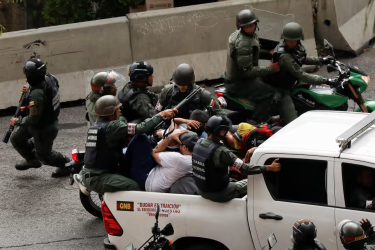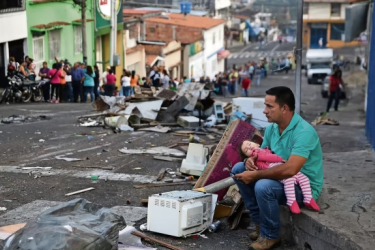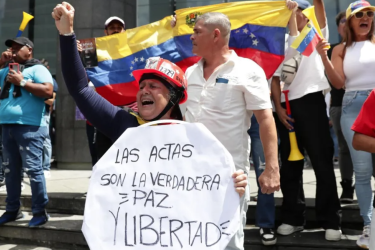Hugo Chavez
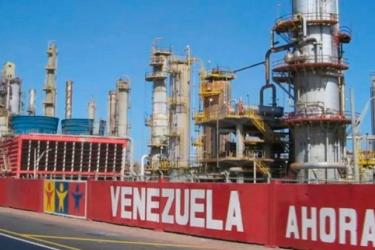
Capital accumulation and the rise of a new Venezuelan capitalist class (2002-2026)
Luís Bonilla-Molina — The new unified capitalist class has gone further than even the capitalist class of the Fourth Republic in shedding any nationalist character and accepting the colonial protectorate status that the US seeks to impose.
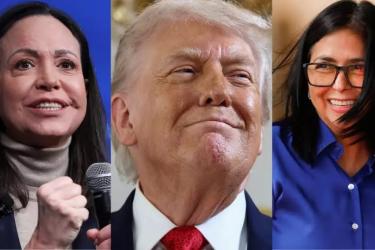
Venezuela: Epitaph for a revolution?
Luís Bonilla-Molina — The question everyone has asked is: could the January 3 imperialist attack on Venezuela spark a revolutionary response? Subsequent events have shattered that illusion.
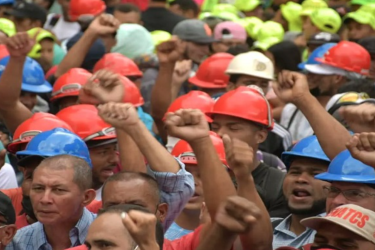
Defending Venezuela’s sovereignty from a working-class perspective
Salvador De León looks at the situation facing Venezuelan workers and trade unions, the Nicolás Maduro government’s economic policies, and defending sovereignty from a working-class perspective.
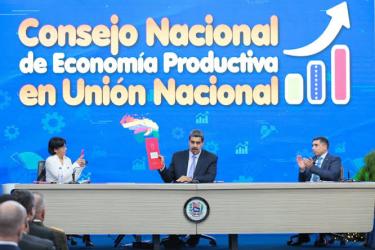
Anti-imperialism and Maduro’s Venezuela: Myths and facts
Dante Espinoza takes a look at the available data on Venezuela’s economy and communes to see how well claims the Maduro government is progressive and anti-imperialist stack up.
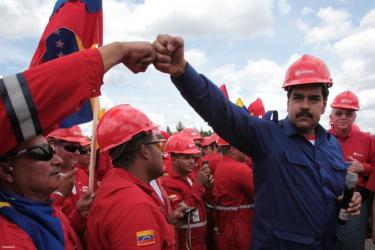
The Venezuelan working class under Maduro (2013-24): Part I — Introduction
Luís Bonilla-Molina — To understand the situation of the Venezuelan working class, it is important to analyse the Maduro government and Madurismo in three phases.
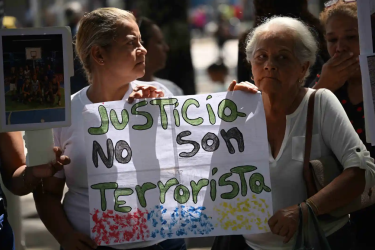
Venezuela after the presidential election: ‘This is not a left-wing government’
Atenea Jiménez & Simón Rodríguez — More and more leftists, including former Bolivarian activists, are forming new coalitions and campaigns against the government.
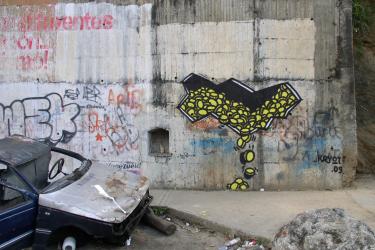
Against authoritarianism and neoliberalism in Venezuela: A view from the critical left
In this conversation, Edgardo Lander seeks to move beyond the dogmatic, schematic and sectarian views that characterise much of the international flow of information and analysis on Venezuela.
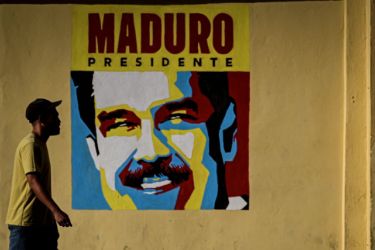
The end of Venezuela’s Bolivarian process? An interview with community activist Gerardo Rojas
Gerardo Rojas discusses the July 28 presidential election, the current state of community organising in the country and why we might be witnessing the Maduro government’s final break with the Bolivarian process.
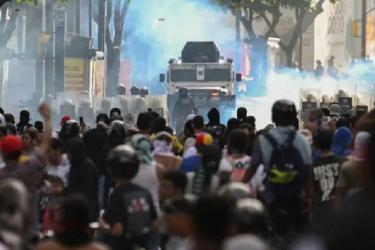
Venezuela’s presidential elections: Attempted coup or fraud? An interview with Reinaldo Iturriza
Reinaldo Iturriza looks at the competing — and inadequate — narratives surrounding Venezuela’s July 28 presidential election.
